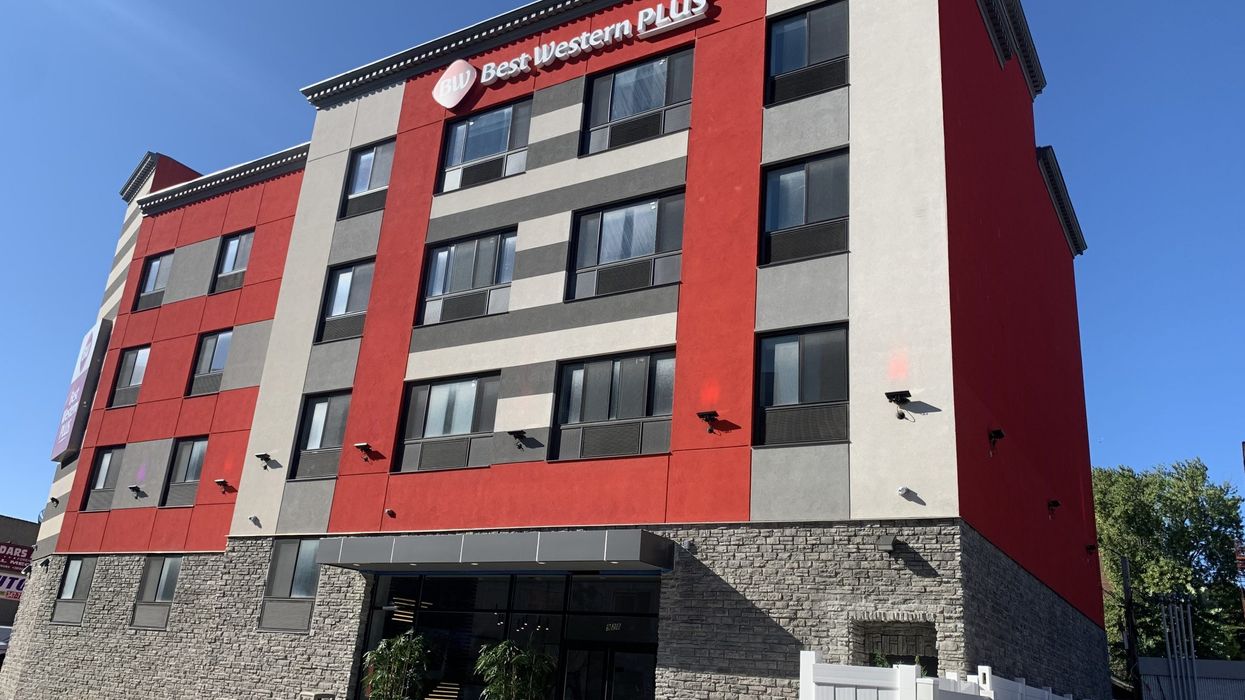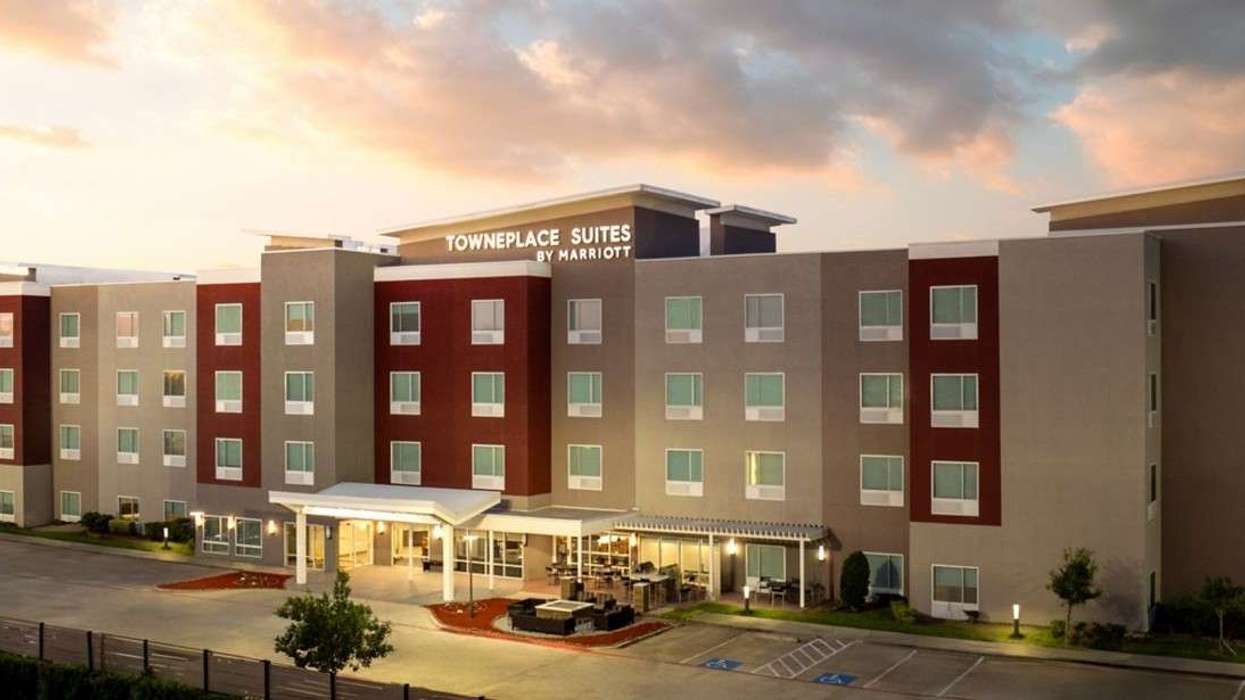The Best Western Plus Brooklyn-Prospect Park is now in Brooklyn, New York. It is owned by Mahesh Ratanji and is near several major attractions.
The 67-room property provides easy access to the area’s top attractions, including Barclays Center, Flatbush Avenue, Luna Park, Brooklyn Bridge Park, Brooklyn Zoo, Brooklyn Museum, Brooklyn Botanic Garden, Brooklyn Brewery and many more. The hotel is also nearby popular Brooklyn neighborhoods like Brooklyn Heights, Williamsburg, Dumbo, Red Hook, Coney Island and Sheepshead Bay.
The new construction hotel provides amenities including a 24-hour fitness center and a business center. The hotel guestrooms are designed in bright colors and has 55-inch flat-screen televisions, mini fridges and coffee makers. Free wireless internet is available throughout the property.
“We are thrilled to welcome guests to our brand-new hotel in the heart of Brooklyn, where we offer the highest degree of hospitality and unmatched value,” said Ratanji. “The hotel’s modern design and use of bright colors gives guests the ‘city life’ vibe and our guests will appreciate the close proximity to some of Brooklyn’s and Manhattan’s most interesting sights.”
Last month, Best Western Plus at Lake Powell in Page, Arizona, was acquired by a joint venture among Dallas-based Newcrestimage, Dabu Hotels, and Countrywide Hospitality.





